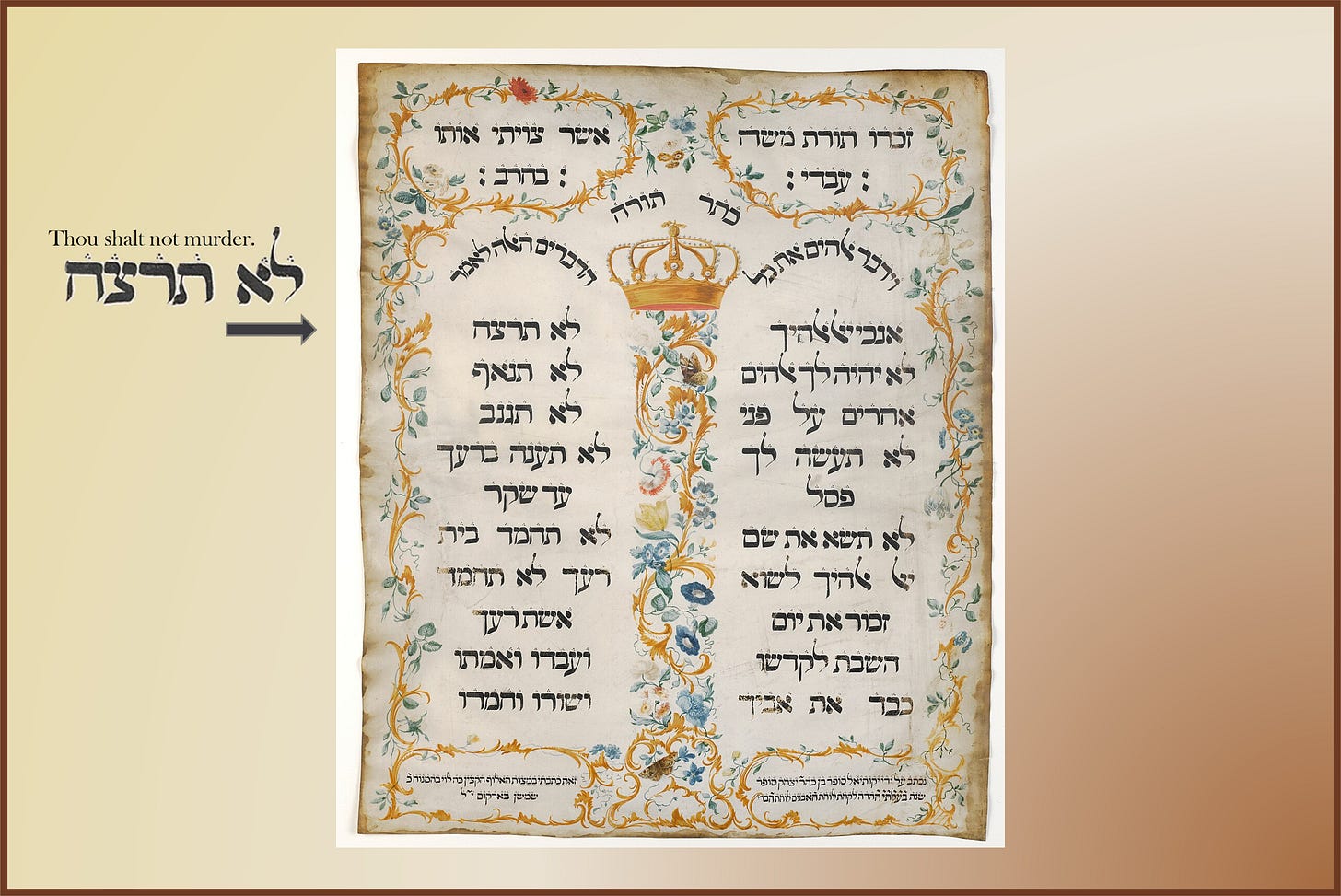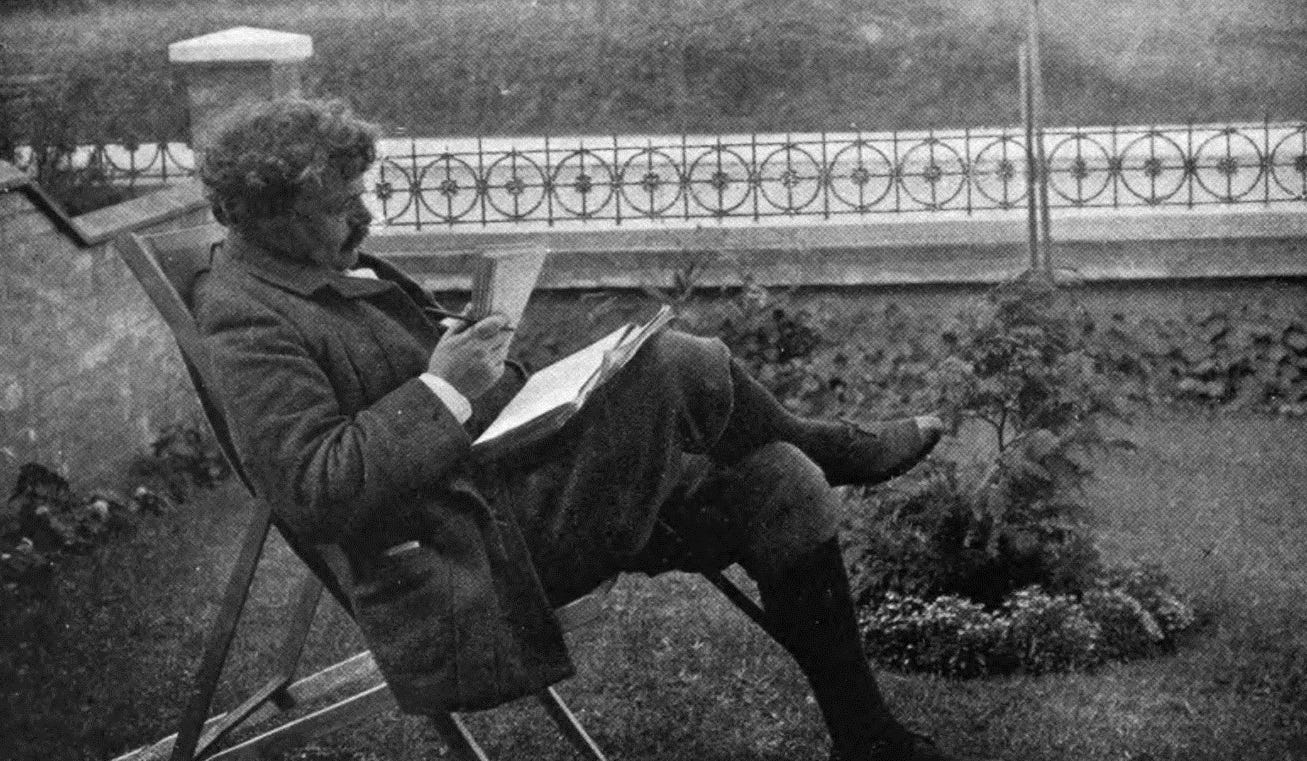
In light of my essays on the Israel-Hamas war, several people have sent me variations on a familiar quote: that religion has inspired more killing, more evil, more depravity, more suffering than any other human institution or motivation. These quotations, ubiquitous though they may be, are unjustified and, I think, spectacularly wrongheaded.
Death by murder and warfare was vastly more common before the rise of modern religion (and the modern nation-state, which often has had a religious component) than before. In his landmark, War Before Civilization: The Myth of the Peaceful Savage (1996), archaeologist Lawrence Keeley estimated that if prehistoric rates of violent death prevailed today, the result would be 22 million deaths per year. In the 20th century, somewhere between 100 and 200 million people died violently—the majority as a result of two world wars, along with tens of millions murdered during China’s revolution. If humans still killed on the scale of the ancients, there would have been 2.2 billion violent deaths over the 20th century.
Demographers have estimated that somewhere around 120 billion people have been born since mankind first appeared on earth, and by one estimate (Taneda, Greenbaum, and Haub, 2022), nearly half of those were born before the year 1 C.E. In that year, Christianity and Islam had not yet arisen; Buddhism, Judaism, and Hinduism were still localized faiths that had been around for perhaps 500, 1,200, and 3,000 years, respectively. We can only speculate what motivated the brutality of earlier periods, but food, territory, ordinary crime, and petty tribalism were likely far more common motives than religion, per se.
The past two millennia have been peppered with religious wars, but one should be equally cognizant of the lifesaving restraints that all the world’s great religions have placed upon their followers. It was these religions that codified moral proscriptions against murder and wanton killing. Such proscriptions can be woefully inadequate—as exemplified by Hamas’s barbarous mayhem of October 7. Religious proscriptions against violence may not go far enough—at times permitting or even encouraging the killing of non-followers (i.e., tribalism on a grand scale). And even when prohibitions are supposed to be applied universally, they may be inadequately observed. But almost certainly, modern religions have saved far more lives than they have taken.
Religion can also be mere pretext for murderous violence—a way of papering over the actual, more quotidian motives: tribalism, jealousy, sadism, sociopathy, territorial ambition. In such instances, religion can serve as a mere façade for what is, in truth, secular violence.
An overwhelming percentage of violent deaths in the 20th century was inspired not by religion, but rather by the God-hating ideologies of Communism and Nazism. Most likely, hatred of religion—not religion itself—was the greatest source of murderous violence in the 20th century.
LAGNIAPPE
The Catholic Church was the early 20th century’s single most steadfast institutional opponent of the monstrosity of eugenics. British author G. K. Chesterton, a convert to Catholicism, was (as I have often written) the single most valiant public opponent of this corrupt, perverse, and sometimes-murderous blend of science and ideology. But Chesterton’s busy mind wandered over all sorts of philosophical areas. Below is his 1899 poem that borrows its title from the Sixth Commandment and then takes that proscription in an unexpected direction.
“Thou Shalt Not Kill”
G.K. Chesterton
I had grown weary of him; of his breath
And hands and features I was sick to death.
Each day I heard the same dull voice and tread;
I did not hate him: but I wished him dead.
And he must with his blank face fill my life—
Then my brain blackened; and I snatched a knife.
But ere I struck, my soul’s grey deserts through
A voice cried, ‘Know at least what thing you do.’
'This is a common man: knowest thou, O soul,
What this thing is? somewhere where seasons roll
There is some living thing for whom this man
Is as seven heavens girt into a span,
For some one soul you take the world away—
Now know you well your deed and purpose. Slay!'
Then I cast down the knife upon the ground
And saw that mean man for one moment crowned.
I turned and laughed: for there was no one by—
The man that I had sought to slay was I.






The comment that religion is the greatest source of evil and death in the world is usually the opinion of a non-religious person. They always discount the death caused by the twentieth century’s most prolific killers, NAZIS and Communists
Thank you for writing what I've been thinking for so long! Actually, I read a historian once who said that even many of those old wars we consider 'religious' were really more territorial conflicts between groups who were culturally of different religions, but not in conflict over religion. I'm always shocked at how the modern mind can completely ignore the atheistic murders of the 20th century. And in particular, even when noticing the Nazi murders can continue to pretend that the Communist murders weren't really an issue. Well done sir.